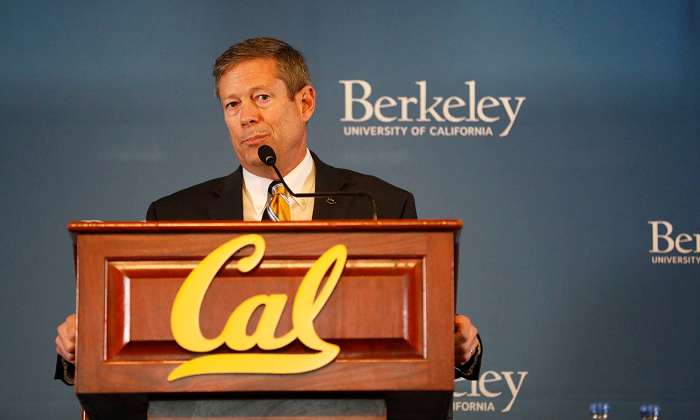University Berkeley in California, in an effort to reduce dependence on funding from the Donald Trump administration, plans to become the first US city to issue its own cryptocurrency and hold an ICO – Initial Community Offer.
Berkeley authorities intend to raise funds by issuing cryptocurrency tokens backed by municipal bonds. The purpose of the initiative is to raise money for the implementation of key projects for the city, such as programs for the construction of affordable housing and the modernization of social infrastructure.
Residents will be able to spend the issued tokens in shops and restaurants, as well as for the purchase of other important goods and services, and part of the funds spent will go to support these projects and social assistance to low-income segments of the population.
When exactly the program will be launched and what kind of blockchain will be used for this, the city authorities do not say, but, as Ben Bartlett, a member of the Berkeley municipality, is convinced that the creation of a self-financing mechanism is an essential element of city policy in the era of Donald Trump.
Ben Bartlett chaired a committee specifically set up to carry out this ambitious project. Other participants were Berkeley Mayor Jess Arreguin, representatives of the fintech startup Neighborly and the University of Berkeley blockchain laboratory, and according to Neighborly COO Kieran Jane, Berkeley’s Initial Community Offer, subject to obtaining the necessary permits, can start as early as May this year.
Ben Bartlett himself notes that the idea of creating Berkeley’s own cryptocurrency appeared after President Donald Trump signed the controversial law on the largest tax reform in US history in December last year. The new law, among other things, changed the taxation regime for businesses, removing the incentive for private contractors to build affordable housing.
So, according to the analytical firm Novogradac & Company, as a result of new rules, the number of affordable housing for rent over the next 10 years may decrease by 235,000 units.
Berkeley itself had about a thousand homeless people in 2017 – 17% more than in 2015 and 43% more than in 2009. And under the new tax regime, the volume of affordable housing, as experts expect, will decrease even more.

